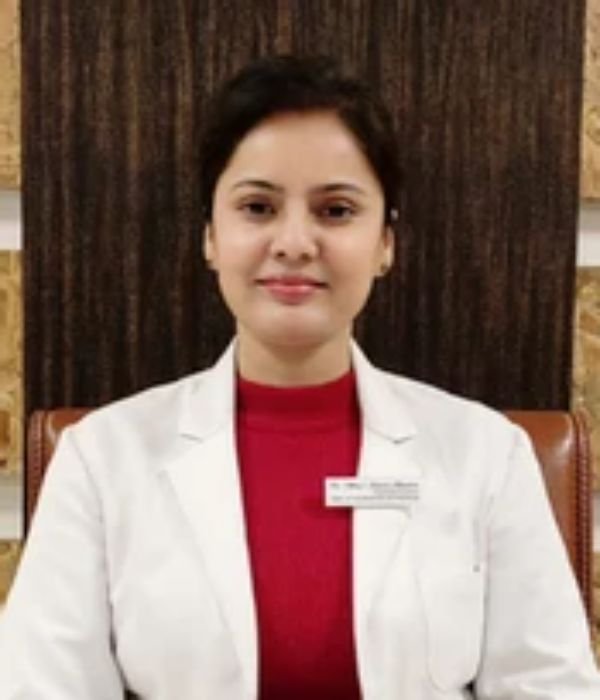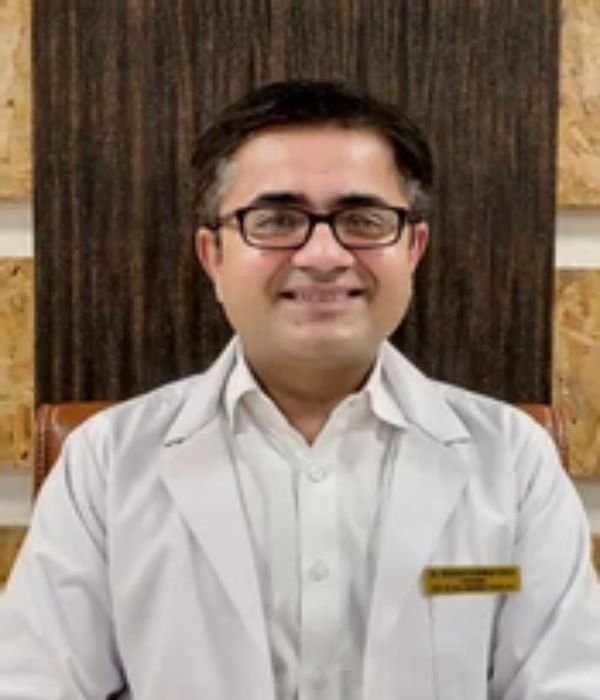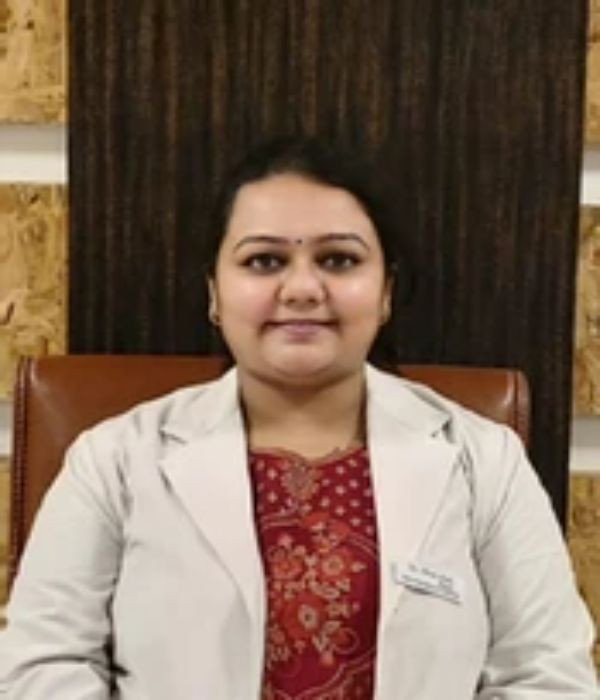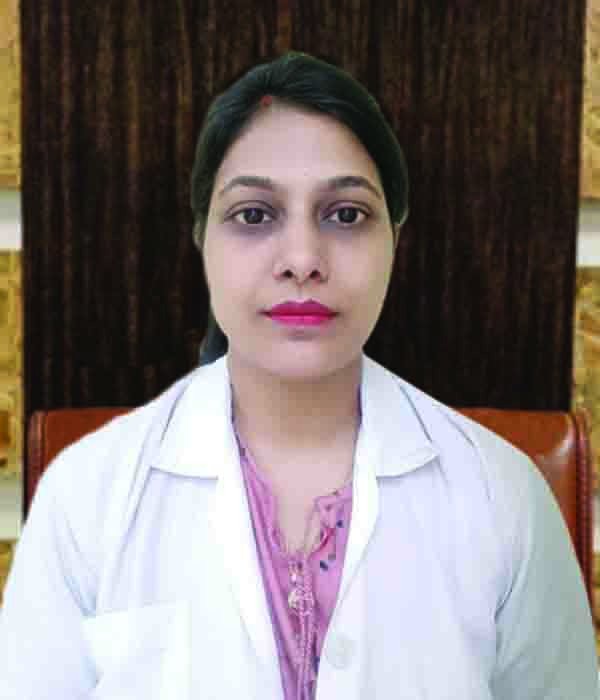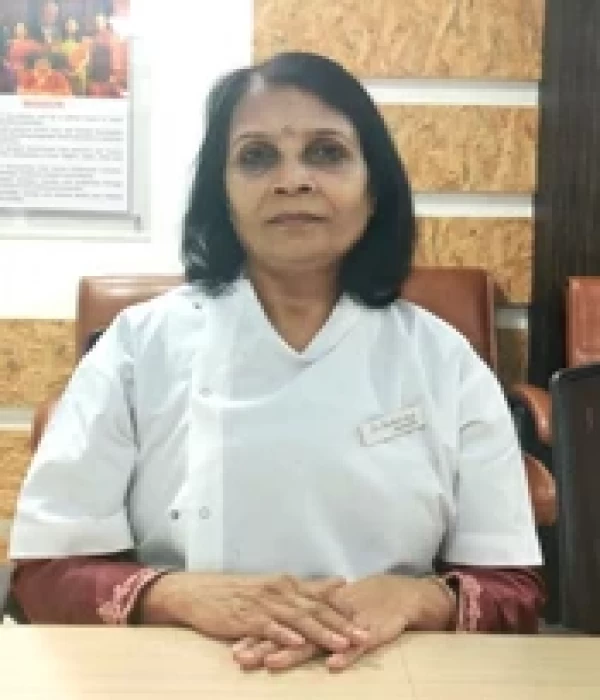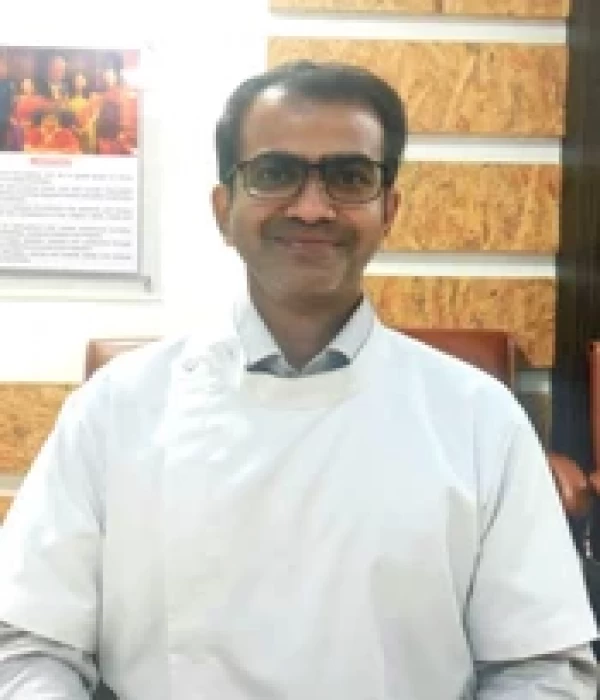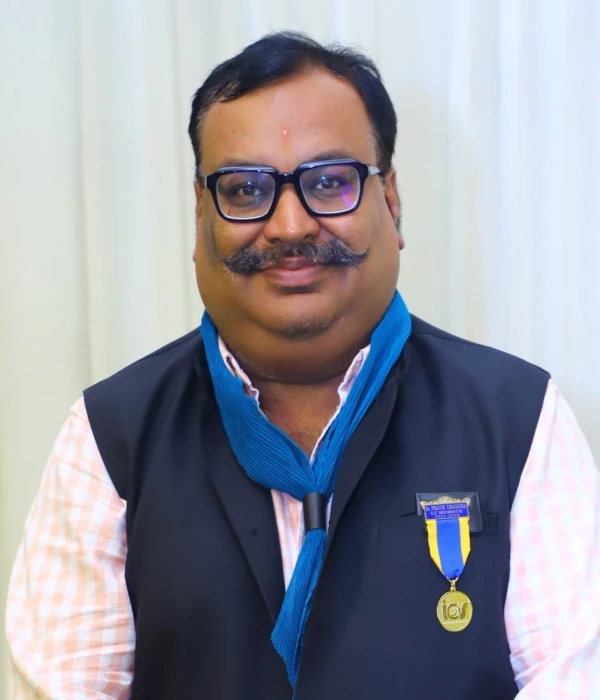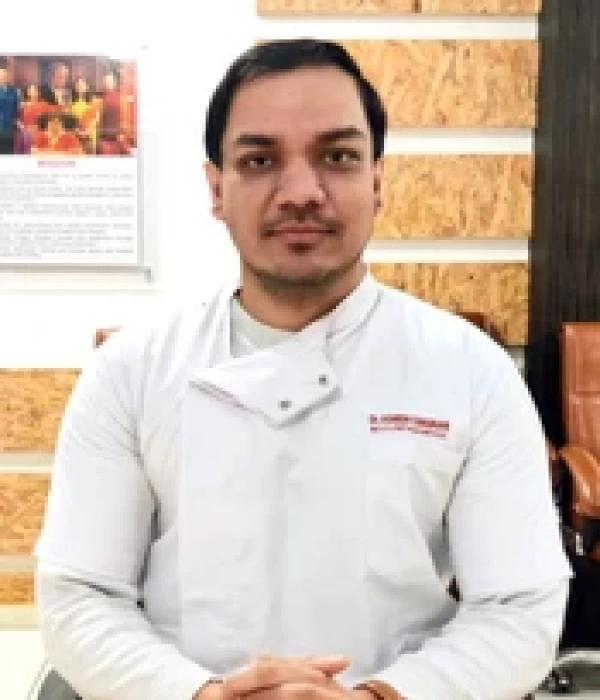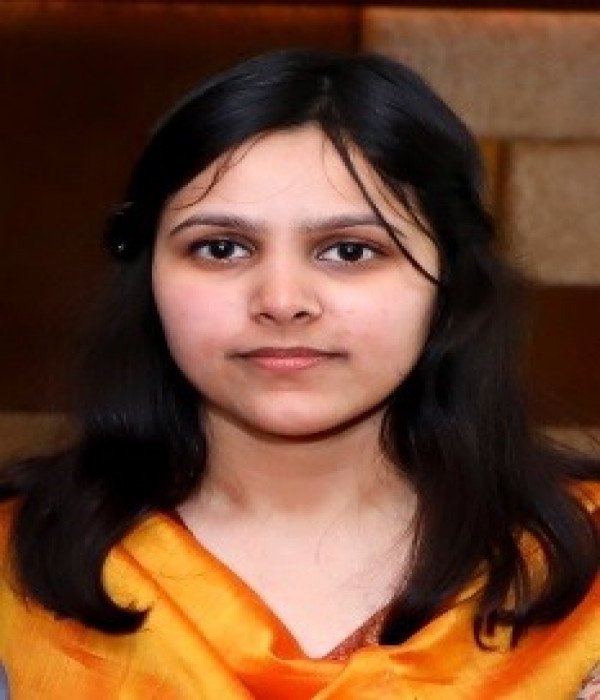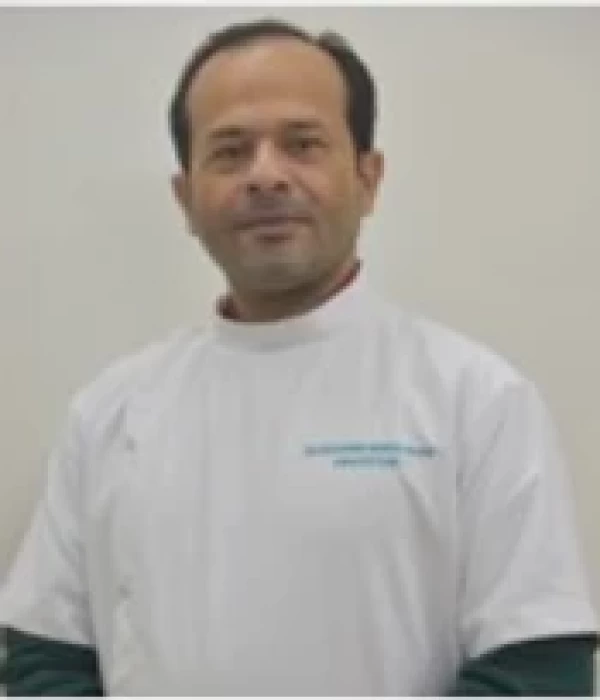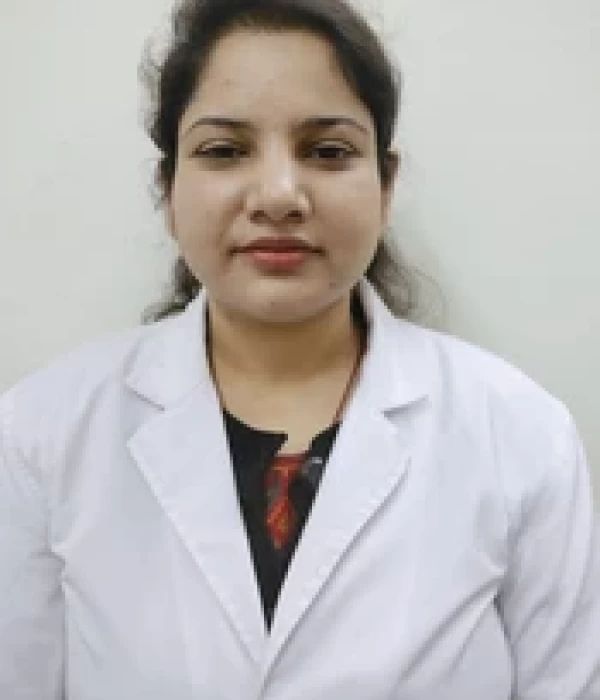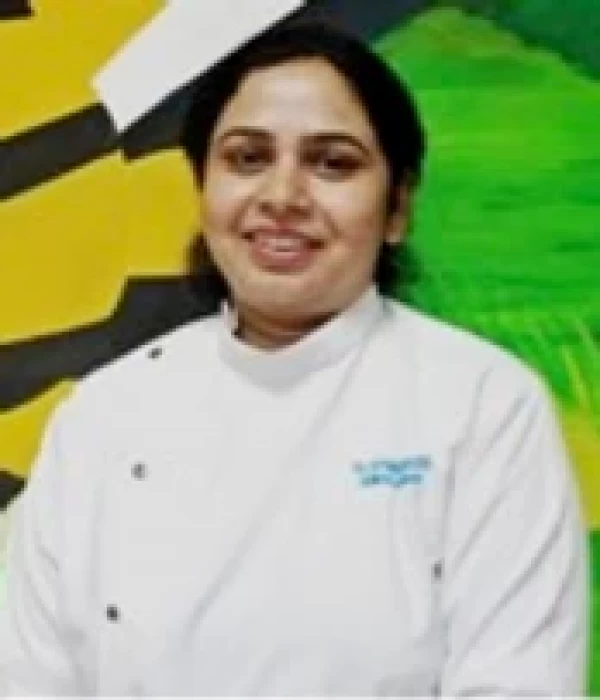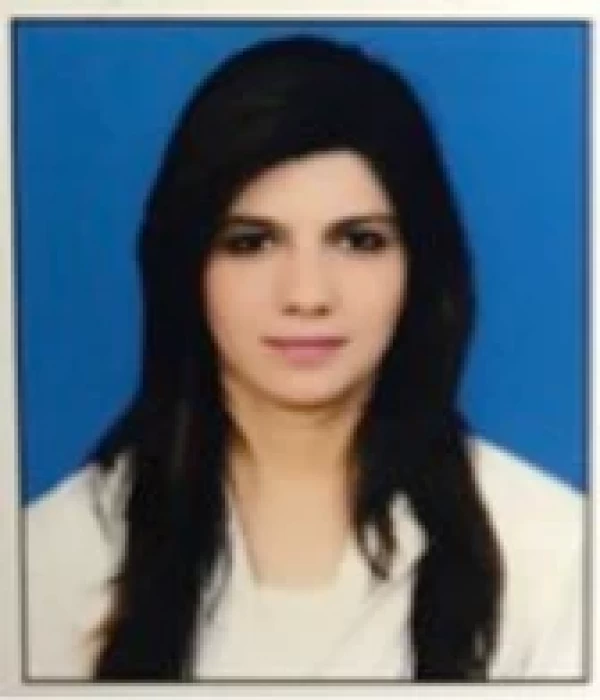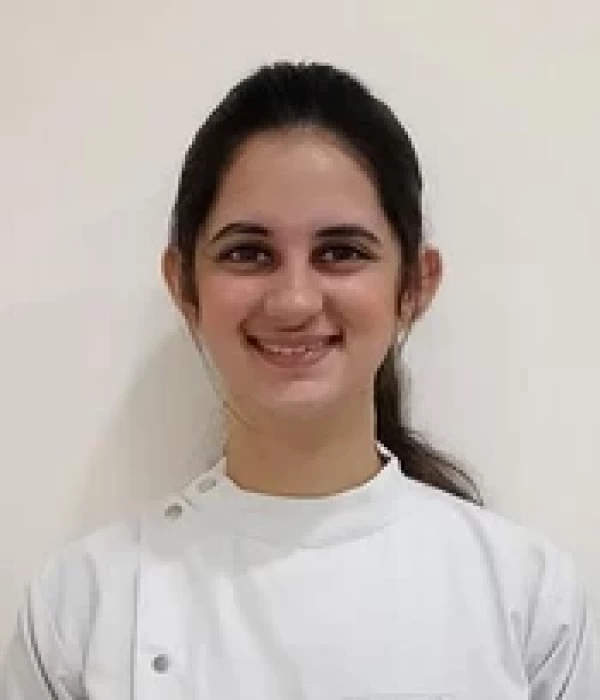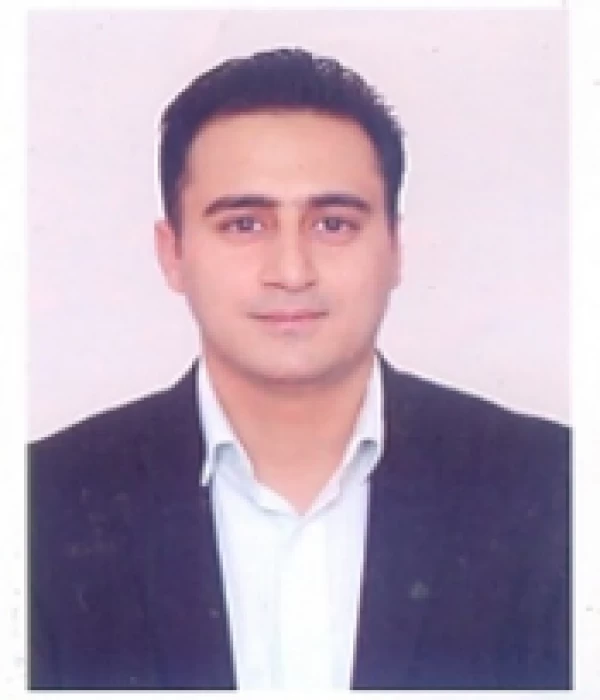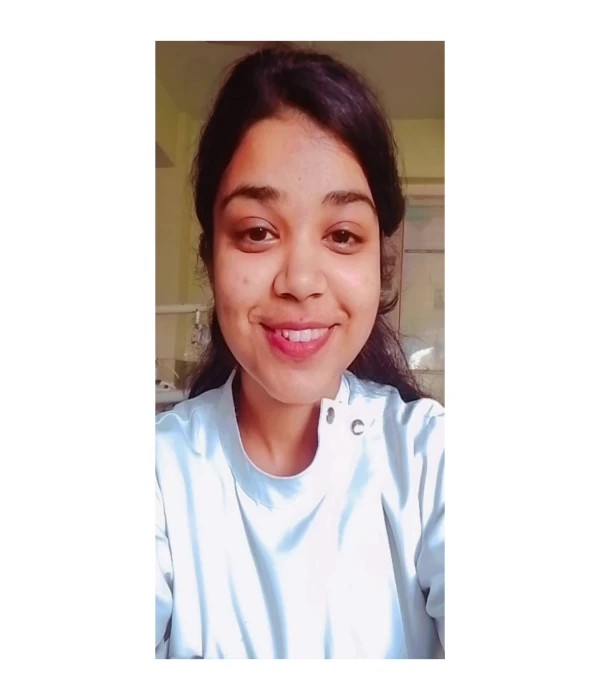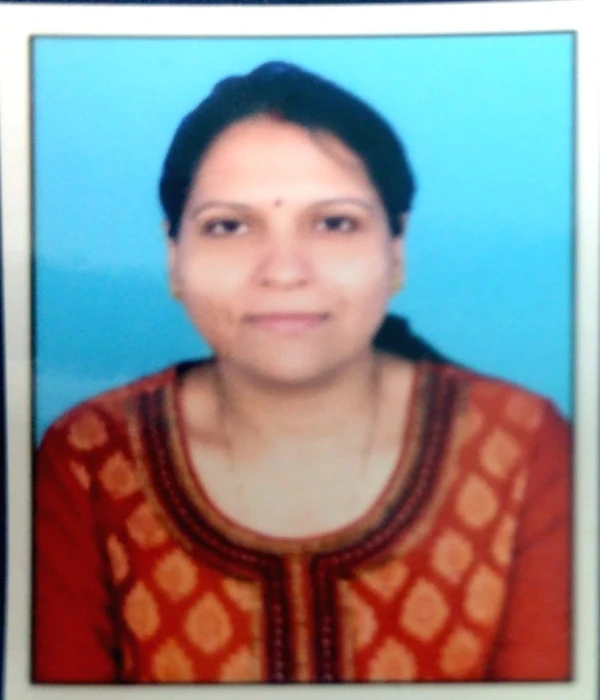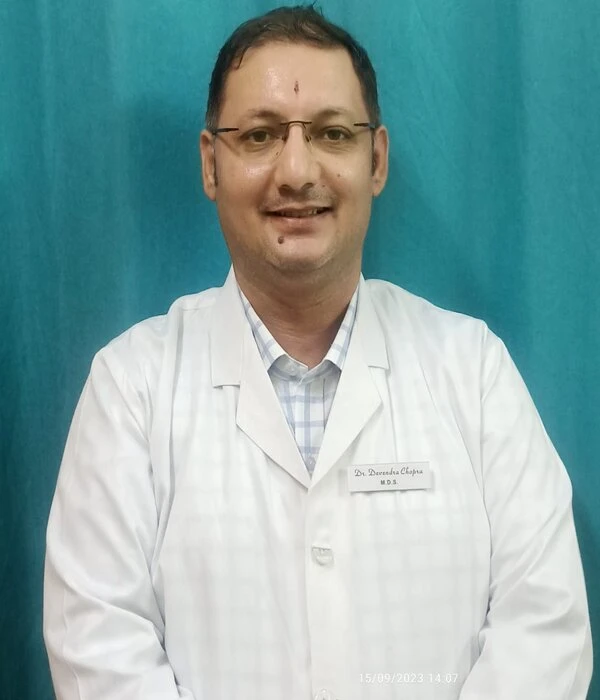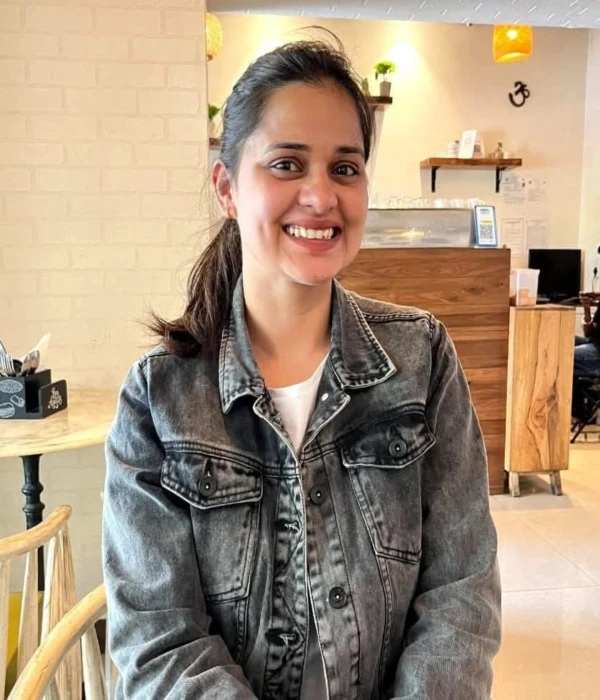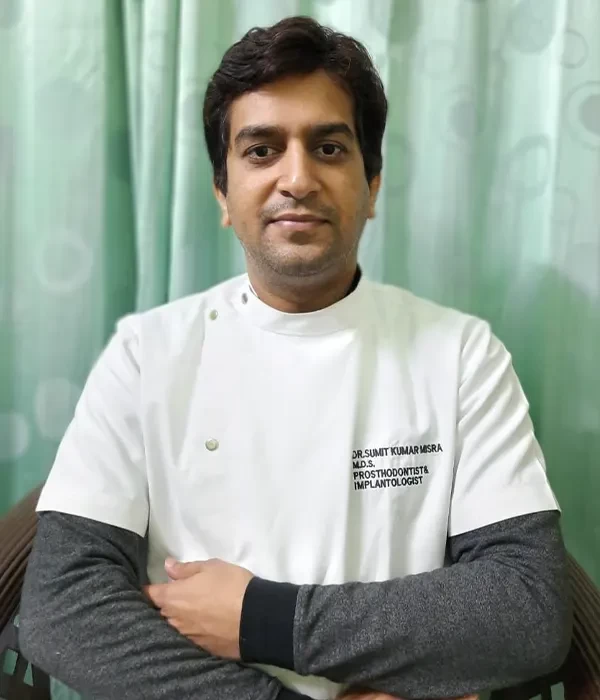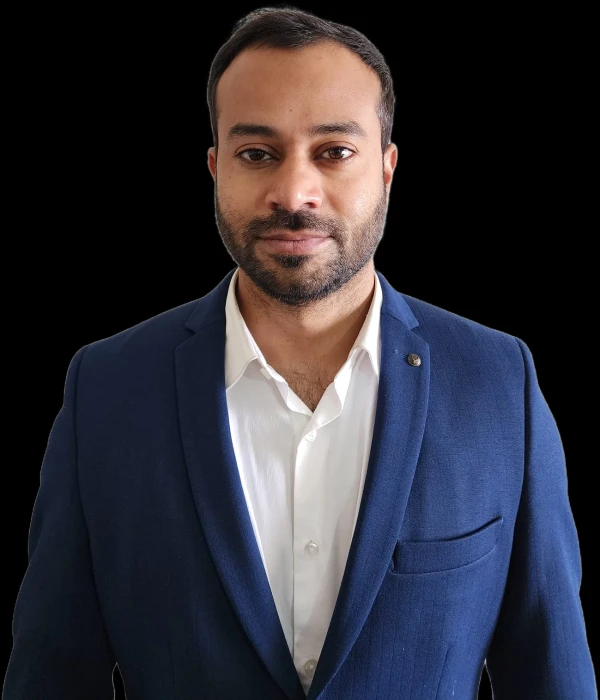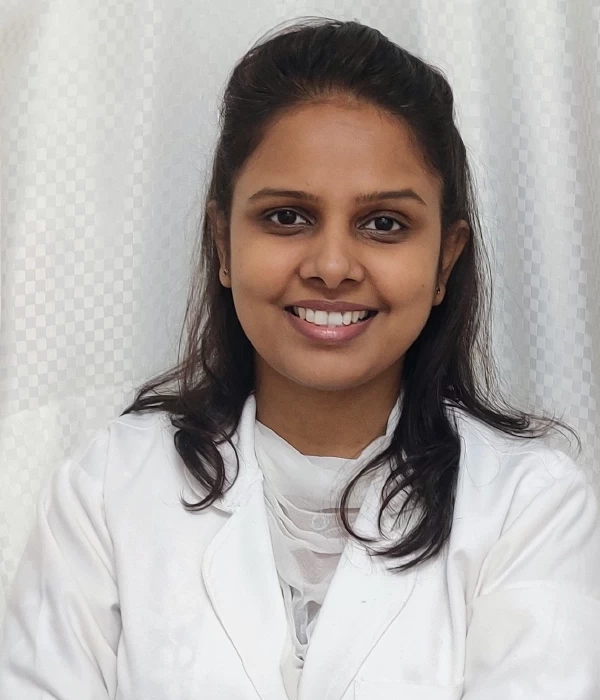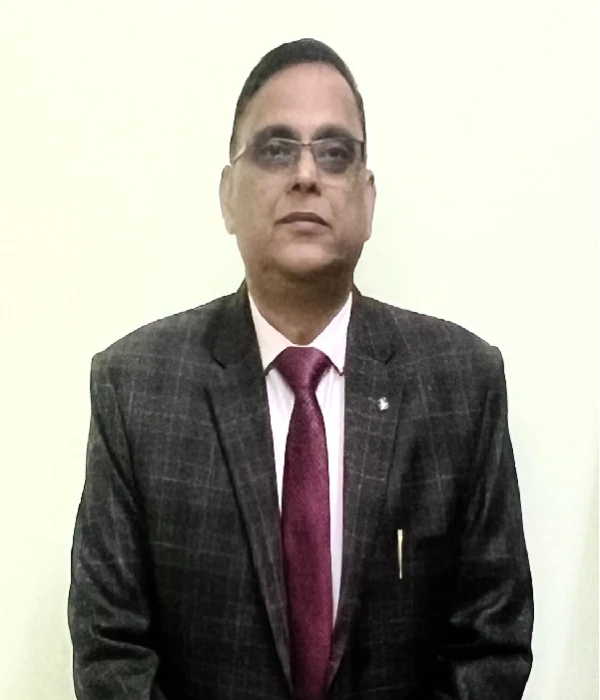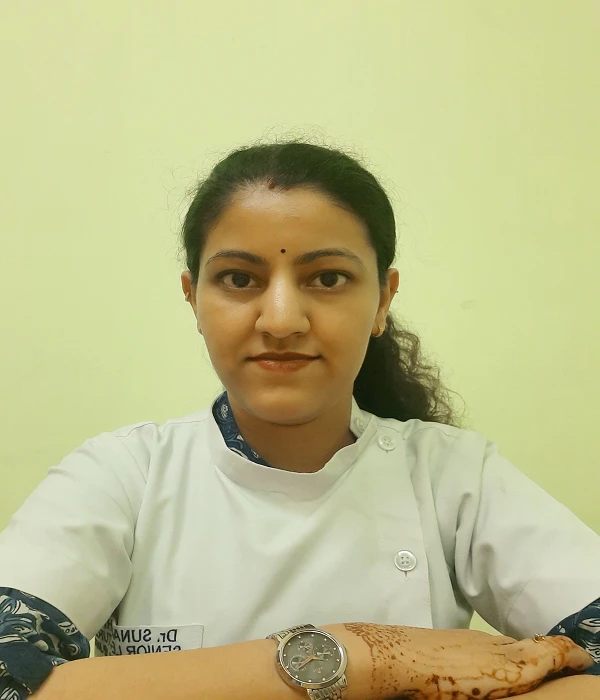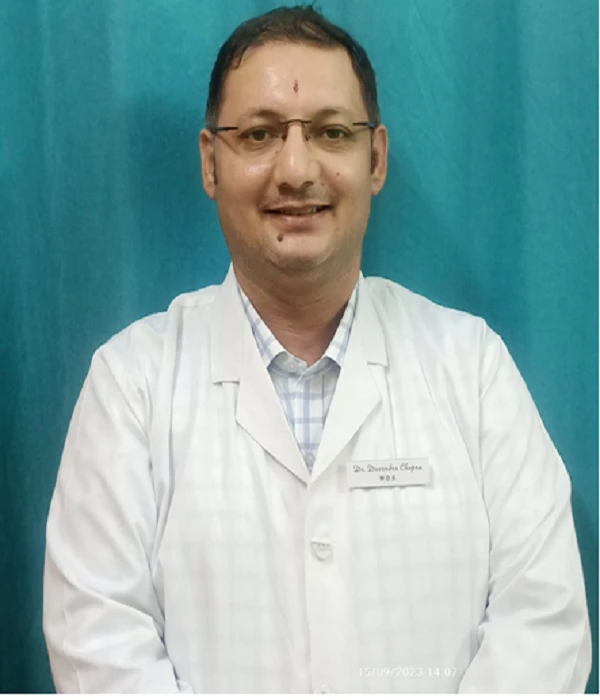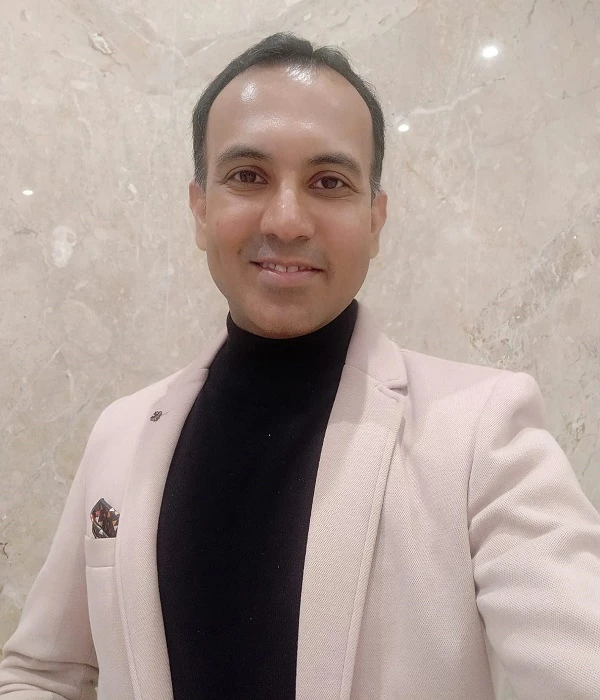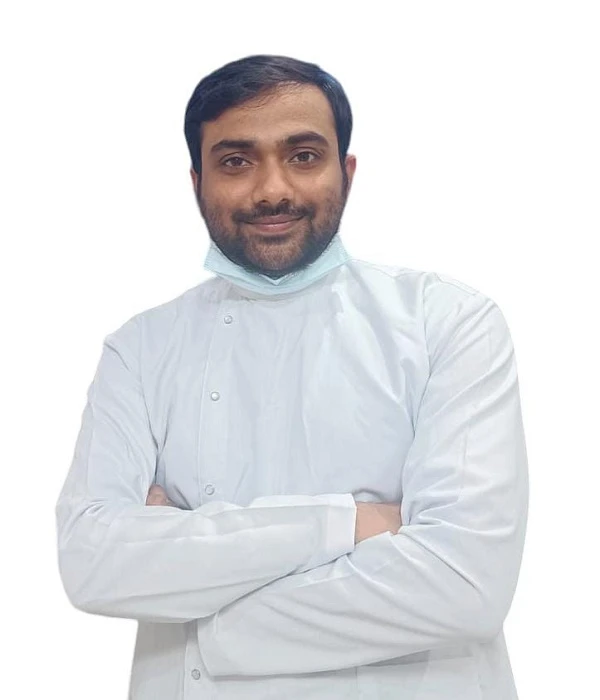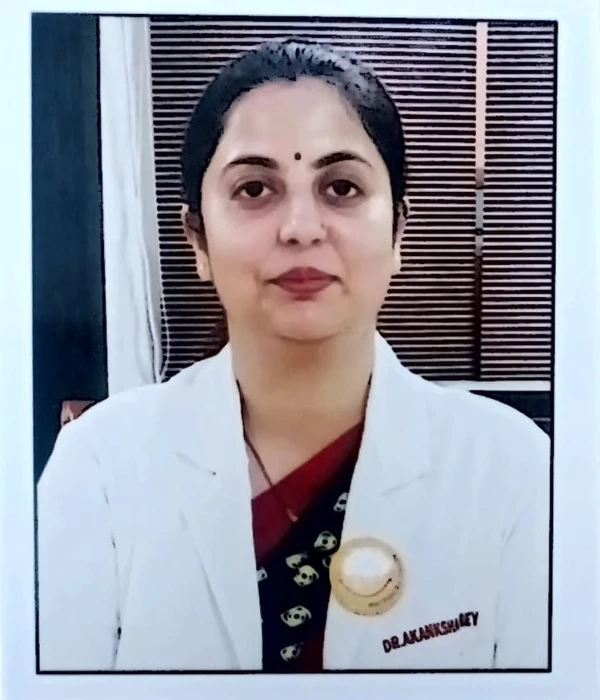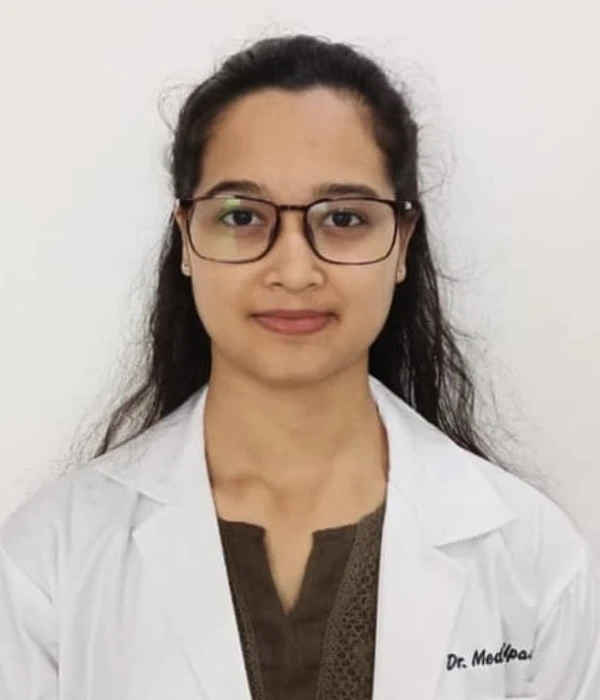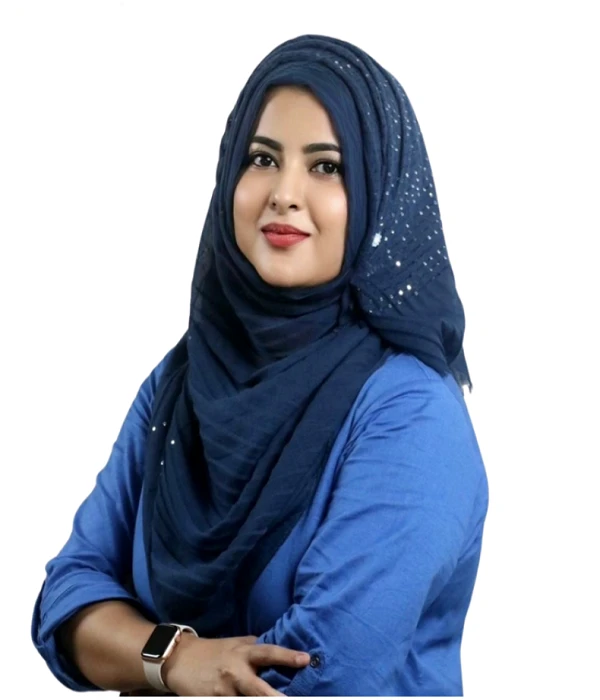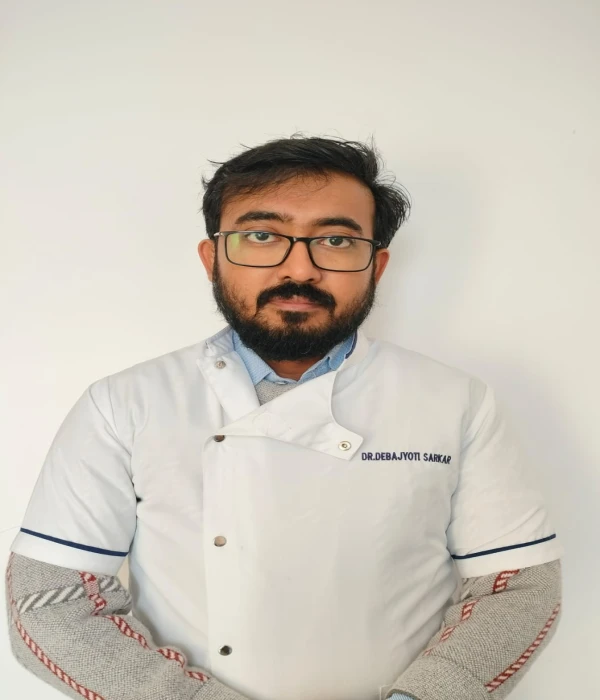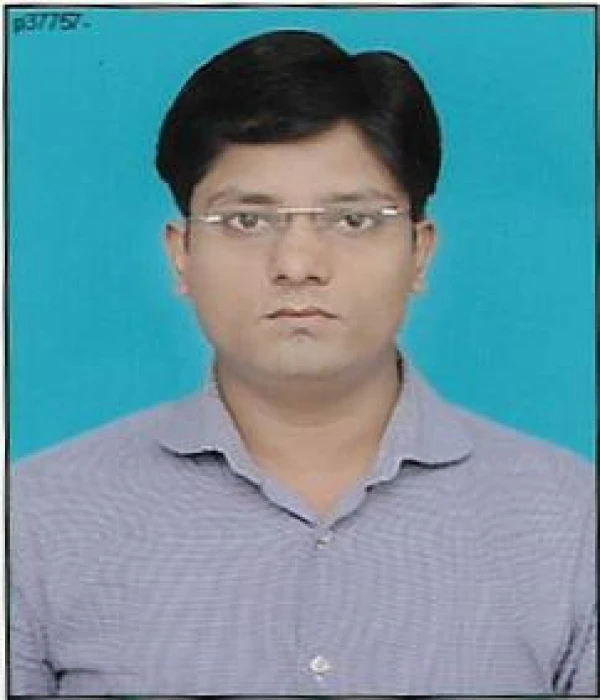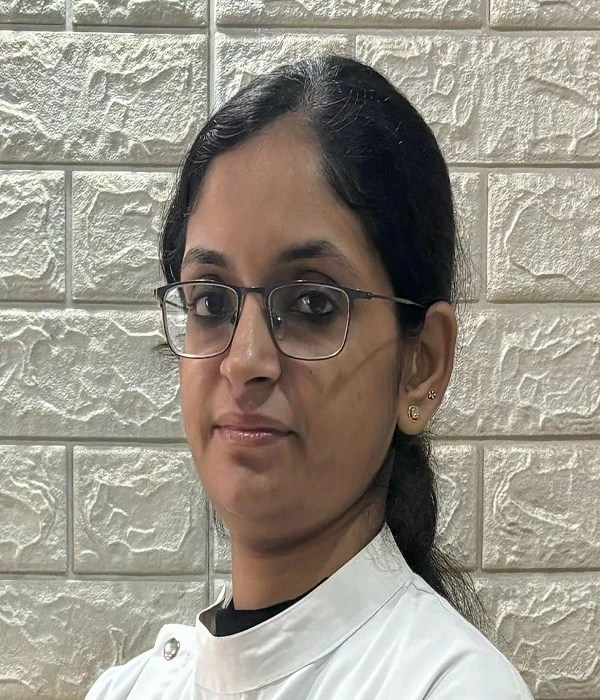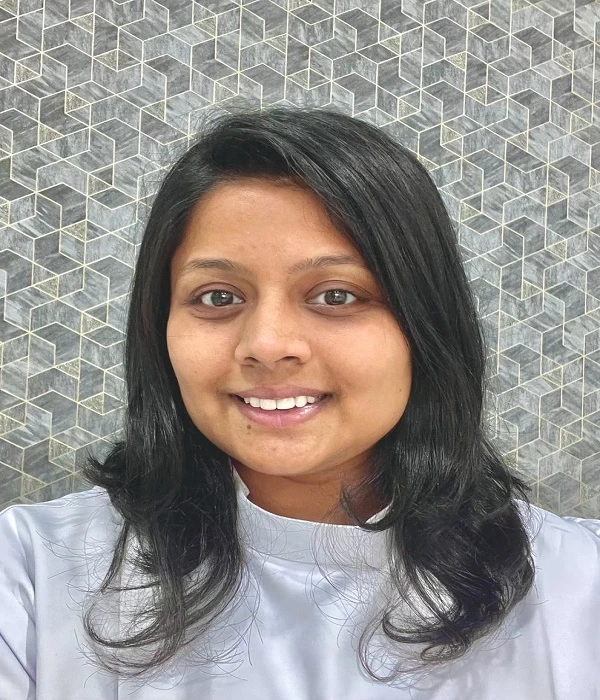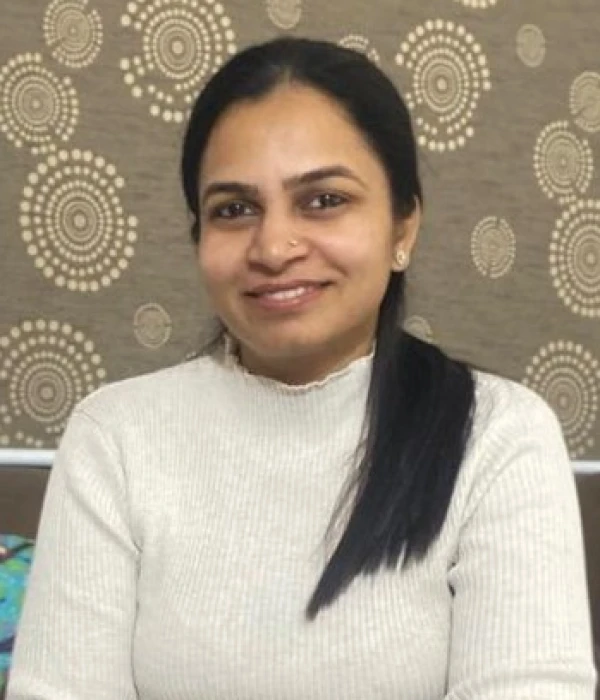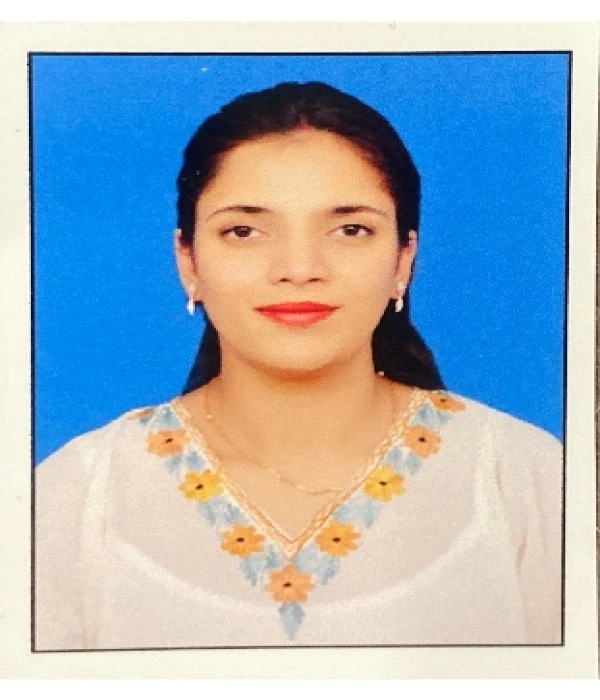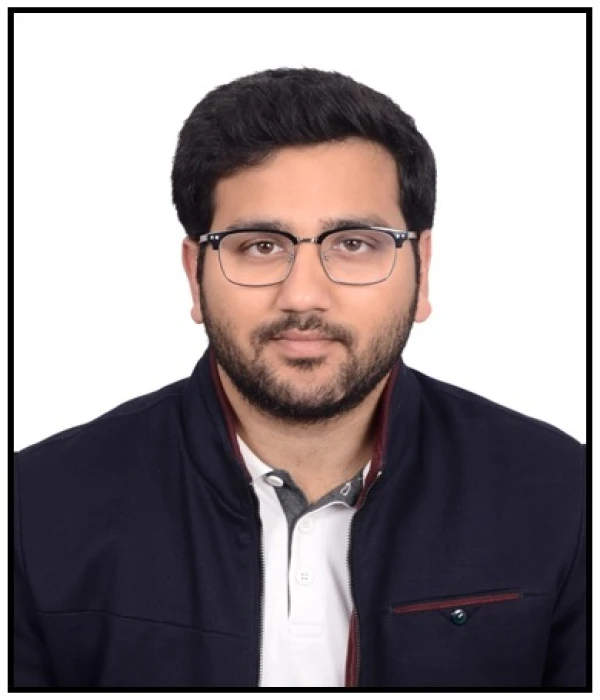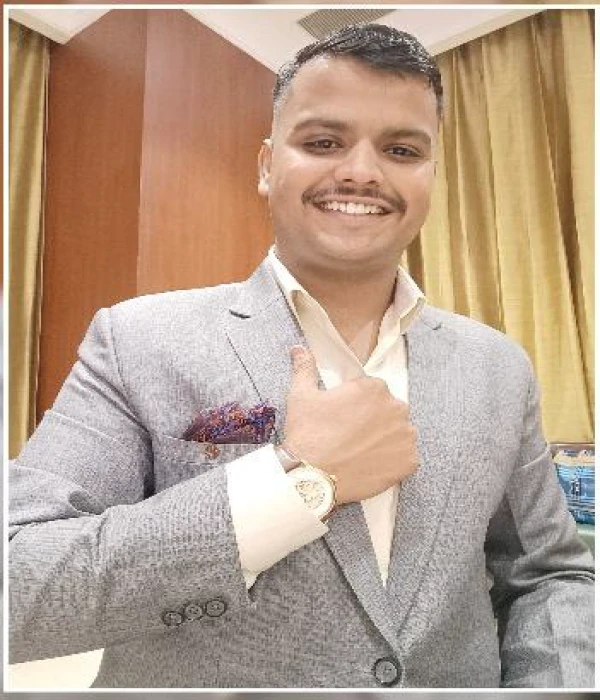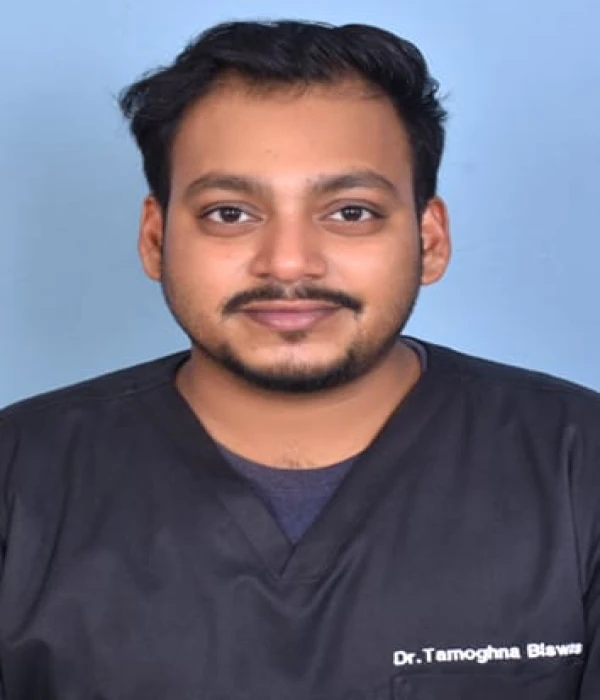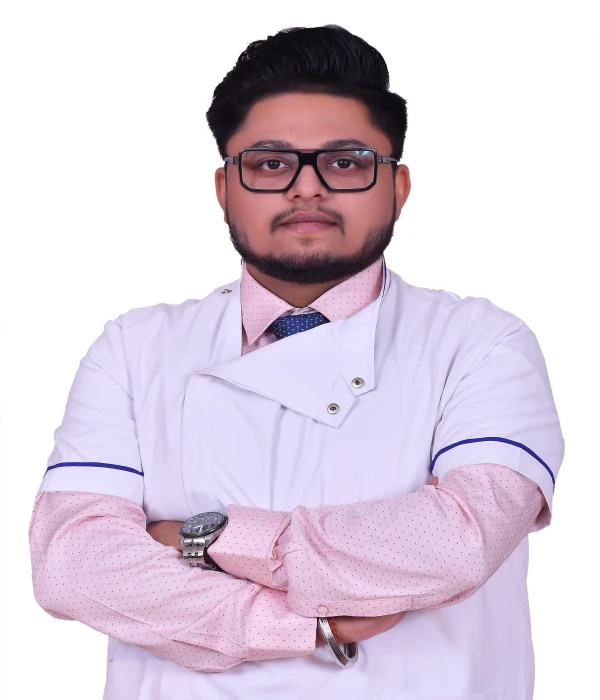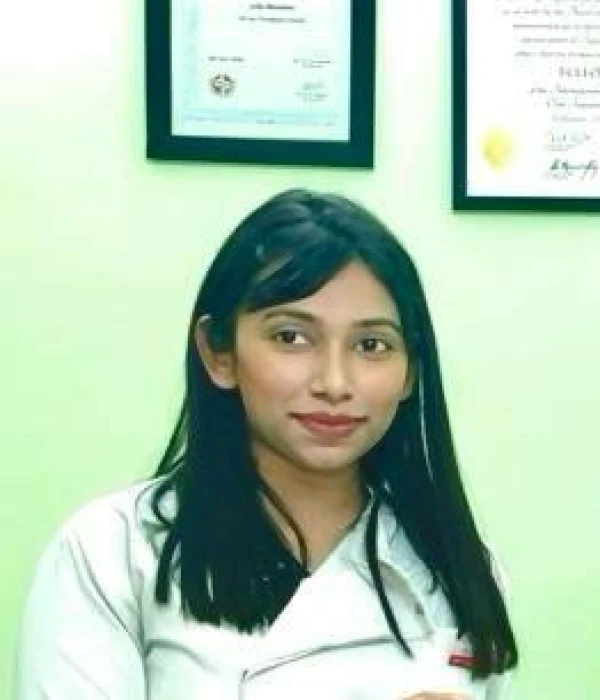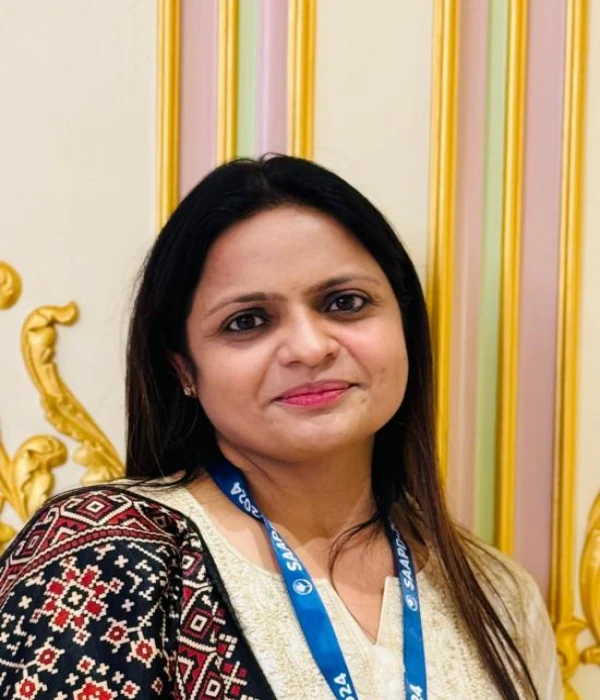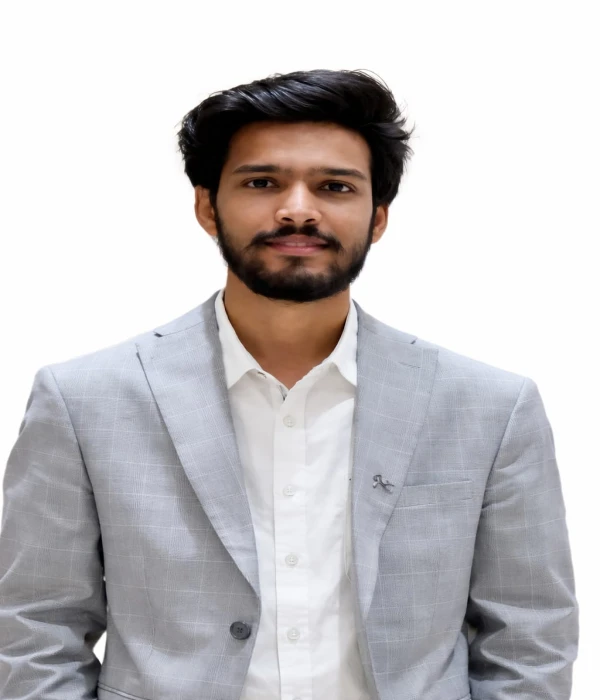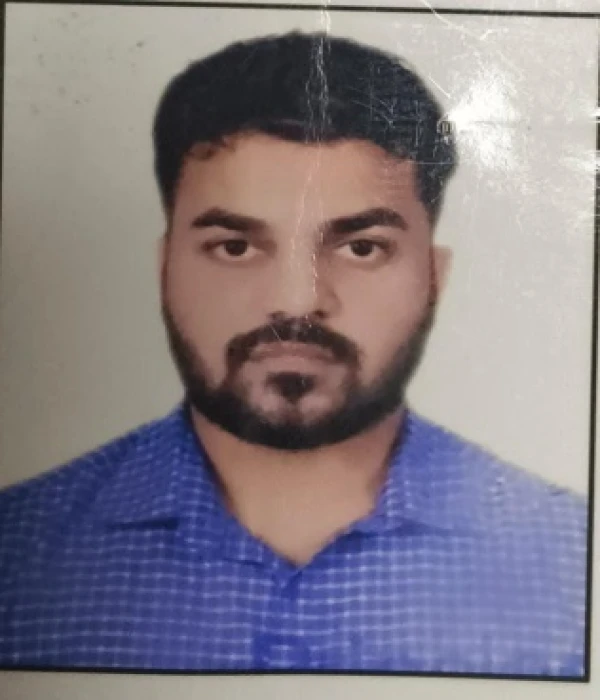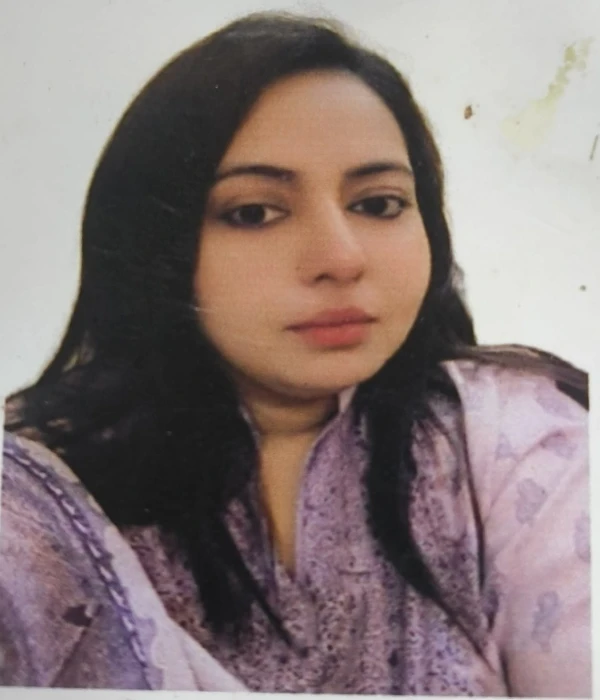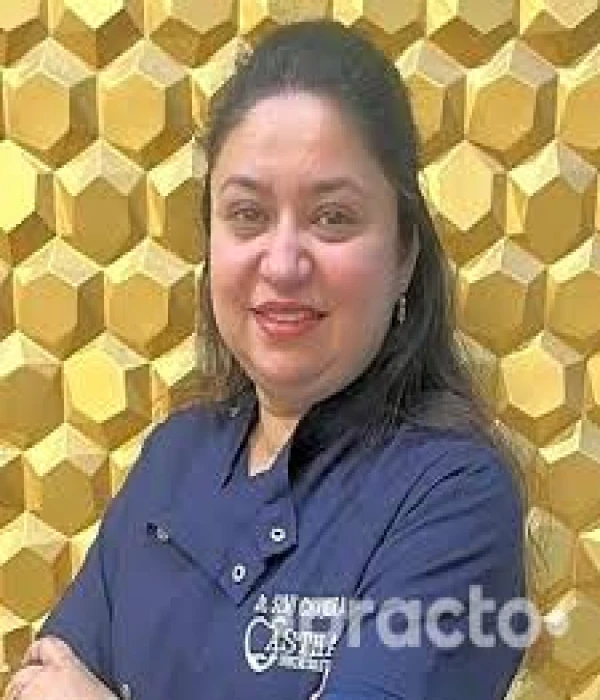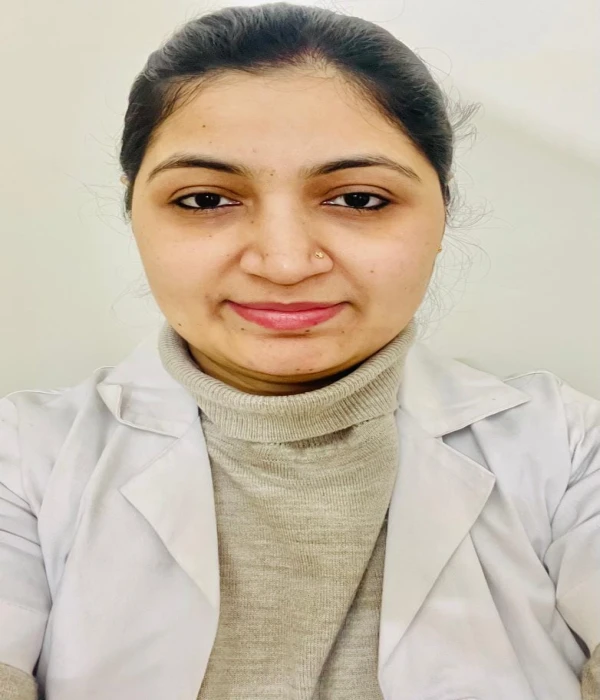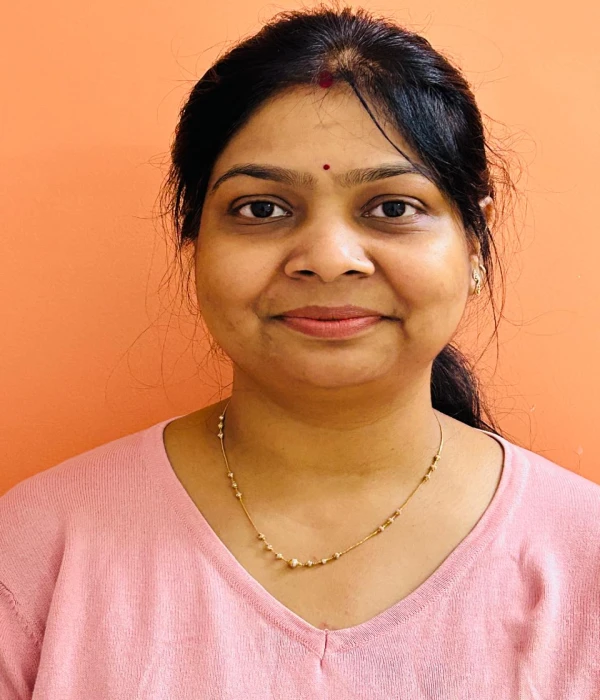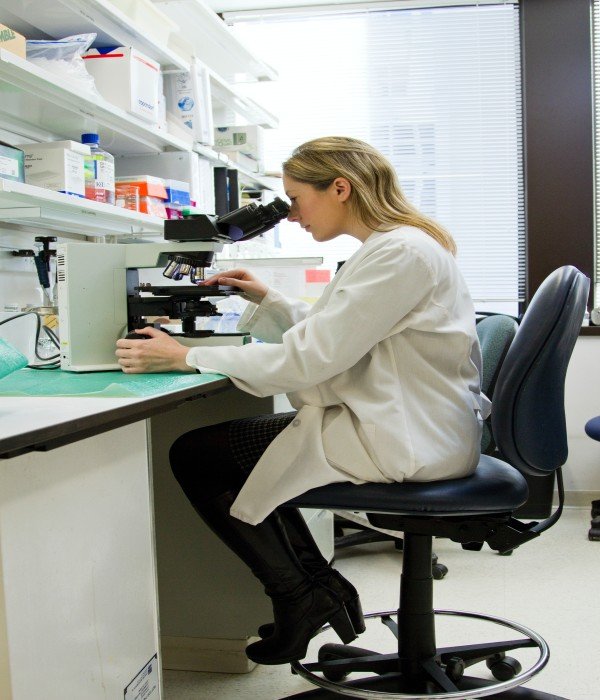
BDS at Saraswati Dental College
The field of Dentistry has come a long way since its prehistoric era and has bloomed into one of the fastest growing and researched sciences in the field of medicine. With esthetic and beauty coming to the forefront of the new cultural era this field has gained enormous importance as a medical field. As the population of the country is becoming more literate by the day the importance of dental care and cosmetics is now seeing the light of dawn.
More and more people are now turning to dentists to get their treatment done. Considering the increased population in our country and the ratio set by WHO between the population and the Dentists, number of dental surgeons are now required in the country. This offers an excellent professional opportunity to those who have both the scientific background and artistic bend of mind because dentistry is a mixture of scientific knowledge and artistic skills. With the Dental Council of India mulling with the idea of a bridge course between MBBS & BDS, new opportunities are on the horizon for budding dentists.
Last but not least, with the limited number of hours and no frequent emergencies one can confine one's working to a limited number of hours. Only sky is the limit as far as the scope of dentistry is concerned. While there is only one human body, two eyes, two ears, one nose but there are 32 teeth each of them is as important as any other organ and vulnerable to disease as individual organs.
Requirements
Thc program outcome is decided & designed keeping in mind five major objectives : -
Acquiring adequate knowledge and understanding of the etiology, pathophysiology, diagnosis and treatment planning of various common oral and maxillofacial surgical problems, both major and minor in nature.
Developing sufficient psychomotor and analytical skills through proper clinical history, nicthodical examination of the patient, essential diagnostic procedures and other relevant laboratory tests; and interpret them to arrive at a reasonable diagnosis about the disease/ affliction/condition.
Inculcating professional aptitude to understand the general surgical principles like pre and post-op surgical management with special emphasis on evaluation, post-surgical care, fluid and electrolyte balance, blood transfusion and post-surgical pain management for successful surgical practice.
Developing communicative skills/ ability, particularly during the interaction with the patients/ relatives, appropriately apprising them of the condition of the patient and giving them various options available to manage a particular surgical problem and obtain informed consent from them for the most appropriate treatment available at that point of time, This also aims to develop the ability of the students to share their knowledge at various professional platforms.
Inculcating research aptitude to help in constantly evolving and improving upon the existing knowledge of the subject and develop strategies for prevention and management of various at’t1iction/ diseases related to oral & maxillofacial region.
The objective is to train a student so as to ensure higher competence in both general and special area of interest and prepare him or her for a career in teaching, research, and speciality practice. A student must achieve a high degree of clinical proficiency in the subject and develop competence in research and its methodology in the concerned field.
The objectives to be achieved at the end of the BACHELOR OF DENTAL SURGERY PROGRAM, the gmduateJhall be proficient in the following :
General Skills -
- Apply principles of ethics;
- Participate and involve in professional bodies;
- Involvement in simple research projects;
- Apply knowledge and skills in day to day practice;
- Analyse the outcomes of treatment;
- Self-assessment and willingness to update the knowledge and skills from time to time;
- Refer patients for consultations and specialized treatment;
- Basic study of forensic odontology and geriatric dental problems;
- Minimum computer proficiency to enhance knowledge and skills;
- Evaluate the scientific literature and information to decide the treatment
Practice Management -
- Maintain all records;
- Evaluate practice location, population dynamics and reimbursement mechanics;
- Practice within the scope of one’s competence;
- Co-ordinate and supervise the activities of allied dental health personnel;
- Implement and monitor infection control and environmental safety programs
Communication and Community resources -
- Participate in improving oral health of the individuals though community activities;
- Assess patients’ goals, values, and concerns to establish rapport and guide patient care;
- Able to communicate freely, orally and in writing with all concerned;
Patient Care Diagnosis -
- Performing thorough clinical examination;
- Obtaining appropriate consultation;
- Obtaining patient’s history in a methodological way;
- Selection and interpretation of clinical, radiological and other diagnostic information;
- Arriving at provisional, differential and final diagnosis;
Patient Care - Treatment Planning -
- Ability to order appropriate investigations;
- Perform basic cardiac life support;
- Administration of all forms of local anesthesia;
- Prescription of drugs, pre-operative, prophylactic and therapeutic requirements;
- Trans-alveolar extractions and removal of simple impacted teeth;
- Management of oro-facial infections;
- Taking, processing and interpretation of various types of intra oral radiographs;
- Integrate multiple disciplines into an individual sequence treatment plan using diagnostic and prognostic information;
- Recognition and initial management of medical emergencies that may occur during dental treatment;
- Management of pain including post-operative;
- Administration off intra muscular and venous injection;
- Uncomplicated extraction of teeth;
- Minor oral surgical procedures;
- Simple orthodontic appliance therapy;
- Various kinds of motivating procedures using different materials available;
- Simple endodontic procedures;
- Removable and fixed Prosthodontics;
- Various kinds of Periodontal therapy
Knowledge about infection and cross infection in dentistry -Knowledge about asepsis — disinfection and sterilization of instruments, clinical areal personal care as per universal protection and disposal of medical wastes in the appropriate modes. Students should be aware of the rules and regulation pertaining to maintenance of clinical set- up and waste disposal.
BASIC MEDICAL & DENTAL SUBJECTS:
The basic medical and dental sciences comprise anatomy gross and microscopic, physiology, biochemistry, pharmacology, oral biology and science of dental materials. Subjects like behavioral sciences, which is useful to develop communication skills, should also be introduced in the first year itself and spread over the undergraduate course.
ORAL MEDICINE & RADIOLOGY :
- Able to identify precancerous and cancerous lesions of the oral cavity and refer to the concerned specialty for their management.
- Should have an adequate knowledge about common laboratory investigations and interpretation of their results.
- Should have adequate knowledge about medical complications that can arise while treating systemically compromised patients and take prior precautions/ consent from the concerned medical specialist.
- Have adequate knowledge about radiation health hazards, radiations safety and protection.
- Competent to take intra-oral radiographs and interpret the radiographic findings.
- Gain adequate knowledge of various extra-oral radiographic procedures, TMJ radiography and sialography.
- Be aware of the importance of intra- and extra-oral radiographs in forensic identification and age estimation.
- Should be familiar with jurisprudence, ethics and understand the significance of dental records with respect to law.
PAEDIATRIC & PREVENTIYE DENTISTRY :
- Able to instill a positive attitude and behaviour in children towards oral health and understand the principles of prevention and preventive dentistry right from birth to adolescence.
- Able to guide and counsel the parents in regards to various treatment modalities including different facets of preventive dentistry.
- Able to treat dental diseases occurring in child patient.
- Able to manage the physically and mentally challenged disabled children effectively and efficiently, tailored to the needs of individual requirement and conditions.
ORTHODONTICS & DENTOFACIAL ORTHOPAEDICS :
- Understand about normal growth and development of facial skeleton and dentition.
- Pinpoint oberrations in growth process both dental and skeletal and plan necessary treatment
- Diagnose the various malocclusion categories.
- Able to motivate and explain to the patient (and parent) about the necessity of treatment.
- Plan and execute preventive orthodontics (space maintainers or space regainers).
- Plan and execute interceptive orthodontics (habit breaking appliances).
- Manage treatment of simple malocclusion such as anterior spacing using removable appliances.
- Handle delivery and activation of removable orthodontic appliances.
- Diagnose and appropriately refer patients with complex malocclusion to the specialist.
PERIODONTOLOOY :
- Diagnose the patients’ periodontal problem, plan and perform appropriate periodontal treatment.
- Competent to educate and motivate the patient.
- Competent to perform thorough oral prophylaxis, subgingival scaling, root planing and minor Periodontal surgical procedures.
- Give proper post treatment instructions and do periodic recall and evaluation.
- Familiar with concepts of osseointegration and basic surgical aspects of implantology.
PROSTIIODONTICS AND CROWN & BRIDGE :
- Able to understand and use various dental materials.
- Competent to carry out treatment of conventional complete and partial removable dentures and fabricate fixed partial dentures.
- Able to carry out treatment of routine prosthodontic procedures.
- Familiar with the concept of osseointegration and the value of implant-supported Prosthodontic procedures.
CONSERVATIVE DENTISTRY AND ENDODONTICS :
- Competent to diagnose all carious lesions.
- Competent to perform Class I and Class II cavities and their restoration with amalgam.
- Restore class V and Class HI cavities with glass ionomer cement.
- Able to diagnose and appropriately treat pulpally involved teeth (pulp capping procedures).
- Able to perform RCT for anterior teeth.
- Competent to carry out small composite restorations.
- Understand the principles of aesthetic dental procedures.
ORAL & MAXILLOFACIAL SURGERY :
- Able to apply the knowledge gained in the basic medical and clinical subjects in the management of patients with surgical problems.
- Able to diagnose, manage and treat patients with basic oral surgical problems.
- Have a broad knowledge of maxillofacial surgery and oral implantology.
- Should be familiar with legal, ethical and moral issues pertaining to the patient care and communication skills.
- Should have acquired the skill to examine any patient with an oral surgical problem in an orderly manner.
- Understand and practice the basic principles of asepsis and sterilization.
- Should be competent in the extraction of the teeth under both local and general anaesthesia.
- Competent to carry out certain minor oral surgical procedure under LA like trans-alveolar extraction, frenectomy, dento-alveolar procedures, simple impaction, biopsy, etc.
- Competent to assess, prevent and manage common complications that arise during and after minor oral surgery.
- Able to provide primary care and manage medical emergencies in the dental office.
- Familiar with the management of major oral surgical problems and principles involved in the patient management.
ORAL AND MAXILLOFACIAL PATHOLOGY AND ORAL MICROBIOLOGY :
- To demonstrate understanding of basic sciences relevant to specialty.
- To obtain proper clinical history, methodical examination of the patient, perform essential diagnostic procedures and order relevant tests and interpret them to come to a reasonable diagnosis about the condition.
- To identify social, economic, environmental and emotional determinants in a given case and take them into account for planned treatment.
- To describe aetiology, pathophysiology.
- To adopt ethical principles while practicing oral pathology.
- To adopt new scientific methods and techniques in oral pathology while delivering patient care.
PUBLIC HEALTH DENTISTRY :
- Apply the principles of health promotion and disease prevention.
- Have knowledge of the organization and provision of health care in community and in the hospital service.
- Have knowledge of the prevalence of common dental conditions in India.
- Have knowledge of community based preventive measures.
- Have knowledge of the social, cultural and environment factors which contribute to health or illness.
- Administer and hygiene instructions, topical fluoride therapy and fissure sealing,
- Educate patients concerning the aetiology and prevention of oral disease and encourage them to assure responsibility for their oral health.
Counseling
Eligibility Criteria
Document Checklist
Fees
Do You Have Questions?
Below you’ll find answers to some of the most frequently asked question. We are constantly adding most asked question to this page.
Yes, 100 bedded Saraswati General hospital within the campus provides specialized Healthcare facilities and 24* 7 emergency services.
There are plenty of facilities available for extra co-curricular activities and sports on the campus e.g. well equipped wellness centre, Cultural clubs, Indoor and Outdoor sports complex to facilitate holistic and overall personality development.
Yes, the fee is to be paid on the day of counseling/admission by demand draft.
Refundable Security Fee and College Tuition Fee will have to be mandatorily deposited at the Counseling Nodal Centers nominated by the DGME, Uttar Pradesh at the time of counseling/ admission.
Yes. The college has transport facility on predefined routes and students can utilize the services at a fee.
The college has tie up with Union Bank of India to provide Education loan to our students. But, the candidate and/or his parent must satisfy the Bank requirements to avail Educational loan.
1. Chaudhary Charan Singh International Airport –34 km 2. Charbagh Railway station– 22km 3. Gomti Nagar Railway Station– 8.3km
Student security is ensured by the security personnel located at all the entrances to the institution and hostels round the clock. The students are not allowed to leave the campus without permission of Provost/Principal. In house Warden is also available in boys and girls hostel.
There is no other way of admission. NEET qualification and participation in online counseling is must for seeking admission in BDS course.
Yes, all admitted candidates are entitled for Hostel accommodation on a first cum first serve basis. We have separate hostels for boys and girls on the campus itself with resident Wardens, who ensure discipline, safety and security of the students.
Fresh hygienic food is served in the dining hall prepared in the hostel mess. A Cafeteria is also present in the campus. The mess fee is included in the Hostel fees.
No, Candidates need to pay only the prescribed fees as per the guidelines of the Uttar Pradesh Govt. and the affiliating university.
(a) Candidate should be 17 years of age as on 31st December of the year of admission. (b) Candidate must have passed Class 12th with Physics, Chemistry, Biology with minimum of 50% marks in aggregate and passed in English for General Category and 40% marks in Physics, Chemistry and Biology in aggregate and passed in English for Reserved Category. (c) Candidate should have qualified in NEET–UG examination in the year of admission.
Candidate must have passed BDS Course from a recognized Dental College. Must be NEET qualified with requisite percentile & registered with State Dental Council.
Students are taught by highly qualified faculty as per the academic schedule laid down by the University. Students are encouraged to participate in Extracurricular activities also and additional training is provided to them within the framework of the course. Students who lag behind in academics are helped with remedial classes. The institution has an established Mentor-Mentee system wherein all the students are attached to mentors, whom they can approach throughout their course for any help and guidance.
Four years course plus one year Compulsory rotatory internship.
Three Years
Govt. of Uttar Pradesh decides fee structure every year. Ist year fee will have to be deposited to the DGME, Uttar Pradesh at the time of seat allotment. Fee for the next three years will have to be paid in the institution in the following years.
Presently, fee is Rs. 6,00,000/- per annum for 3 years. Fee may be revised by Govt. of Uttar Pradesh from time to time.
On declaration of NEET result, following the directions of the Government of India, Dental Council of India and policies laid down by Govt. of Uttar Pradesh; online counseling is conducted by the specified committee. Admission letters are issued thereafter to the eligible candidates on merit basis by the counseling committee.
NEET Qualified. The candidate will be admitted through UPNEET PG online counseling.
After completion of BDS Course, the student may opt to go for further study or job. Regular Jobs are available in Govt. and Private Sector. Starting own private practice is also an attractive option. Those who want to continue studying further can enroll for MDS course available in various specializations of Dental Sciences and be further connected with academics, research or specialty private practice.
Paperless application process has been adopted by the institution and all relevant information is available on the college website and same is updated regularly.
www.updgme.in and upneet.gov.in
Foreign nationals or Non Resident Indians or Indian nationals supported by parents or brother or sister or spouse having NRI status can apply under the Foreign/ NRI category, provided they have qualified in NEET examination.
Refund is done as per the refund rules as mentioned in the information section on the website.


